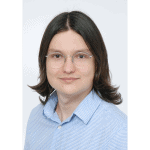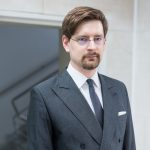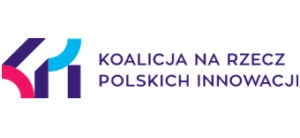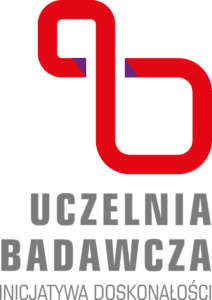The research looks at how to measure the effectiveness of the Polish judicial system. This phenomenon was assessed using an analysis of the likelihood of appealing court decisions. The artificial intelligence tools used in the study made it possible to group a large number of court decisions by subject matter. In the groups obtained, it was checked how many judgments were appealed. It also analyzed what percentage of judgments in a given group were issued by court departments with a given specialization. In this way, groups with homogeneous legal characteristics were identified, i.e. concerning individual issues of civil, criminal, family or labor law. In addition, such groups of rulings that address more than one legal problem were also observed. Finally, it was examined how heterogeneous case topics affect the likelihood of appeals. The results suggest that civil cases are less likely to be appealed than criminal cases. In contrast, judgments with heterogeneous subject matter have an extremely high likelihood of appeal. In turn, a better understanding of the legal problems associated with thematically heterogeneous groups of judgments can serve to improve the operation of the court system.
Analysis of the effectiveness of the Polish judicial system with the use of topic modeling tools
- ONLINE
- Polish
Speakers

Maciej Świtała
Interdisciplinary Doctoral School, University of Warsaw
PhD student of Interdisciplinary Doctoral School, University of Warsaw Graduate of computer science and econometrics (specialization in data science) and law student at the same university. Interested in artificial intelligence solutions - particularly machine learning and natural language processing - and their use in empirical studies of law, legal procedure and legal theory.

Katarzyna Szczudlik
SSW Pragmatic Solutions, KPI expert
She specializes in advising on data protection, privacy and new technology law, particularly for entities in the financial and FinTech sectors. She has experience in the area of legal counseling for entities in the telecommunications, IT (implementation agreements) and payment services sectors. She is interested in blockchain technology and artificial intelligence, both in terms of the legal aspects of those technologies and their potential use in the area of legal services.
She is the author of several dozen articles and studies on new technologies, personal data protection and dispute resolution. She is a regular speaker at Polish and international conferences.

Dr. Paweł Marcisz
Department of European Law, Faculty of Law and Administration of the University of Warsaw
Assistant professor at the Department of European Law at the Faculty of Law and Administration of the University of Warsaw, and a lawyer. His research interests focus on the theory of EU institutional law. Within his practice he specializes in European law and litigation
Watch the recording of the seminar
A series of English-language meetings to present the results of research in the field of digitisation, conducted by researchers from European Union countries.
The seminars are an excellent opportunity to learn about topics undertaken at foreign universities and to discuss them with invited guests. Due to their interactive form, they are also an opportunity to build cooperation between Polish and foreign research centres. Past seminars can be found on the DELab UW website.







